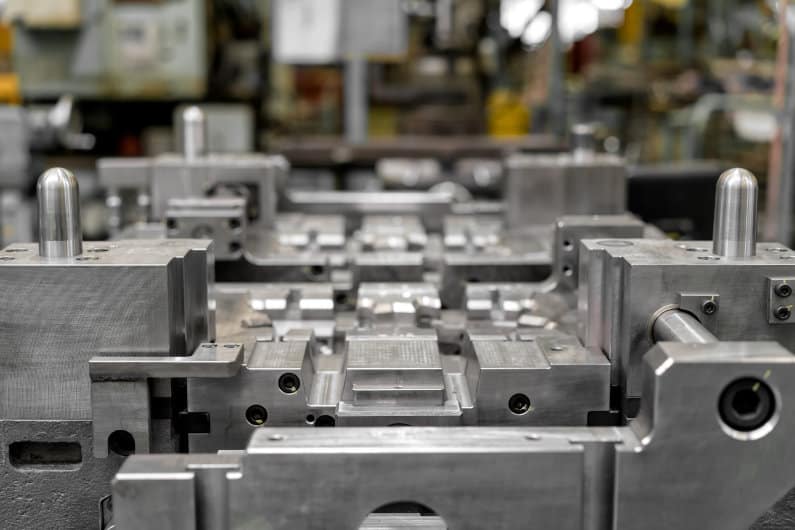
Bicikli za djecu Dječji bicikli za djecu od 3-16 godina /OEM Baby Dječji biciklistički dječji planinski bicikli 2022.

Tvornički prilagođeni Kina Bmx bicikli cestovni sport dječji bicikl 12 16 18 20 inča bicikl Mtb za djecu 6-10 godina

Veleprodaja Dječji ciklus od legure magnezija za 3 do 5 godina 12 inča dječji ciklus OEM jeftini

Električni bicikl od legure magnezija 12 inča integrirani kotač 36v10ah električni moped

2022 Veleprodaja Hot Sale Dijelovi za bicikle od legure magnezija Dječji bicikl bez pedala Balance Bicikl za djecu u više boja na raspolaganju

Popularni dječji sportski bicikl Visokokvalitetni dječji balans bicikl Dječji bicikl

Bicikl Freehub 12/14/16 inča Dječji bicikl Low Rider Bicikli Magnezij aluminijske legure Dječji bicikl 3-8 godina na zalihama

Dječji bicikl od legure magnezija od 3-8 godina Jeftini vruća prodaja 14 inča dječji bicikl ZAUVIJEK na veliko 2022.

 0086-750-5616188
0086-750-5616188 +86 13392089688
+86 13392089688 sales@zhongmei-tech.com
sales@zhongmei-tech.com








